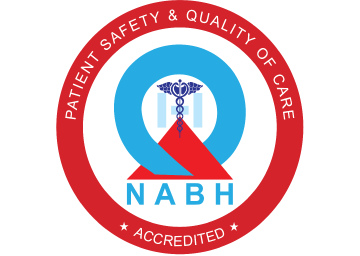Ganga-Carl Zeiss Spine Microsurgery Course
To transfer the knowledge and experience of the unit, the spine department of Ganga Hospital in collaboration with Carl Zeiss started a unique microsurgical training centre equipped with a permanent wet lab utilizing the latest Zeiss operating microscopes and high-quality surgical instruments, which will be first of its kind in the world. The purpose of the course is to establish and strengthen the foundation of microsurgical skills in spine surgery. The course has two modules. In the clinical training module, the trainee spends two days in the operating theatre assisting and observing spinal microsurgeries along with other spinal instrumentation surgeries. In the lab module, the trainee is given hands-on training in the wet lab. The course is designed to benefit practising orthopaedic surgeons, spine surgeons and neurosurgeons by teaching them the nuances and techniques of basic microsurgical procedures like lumbar microdiscectomy, micro decompression, anterior cervical microdiscectomy, intradural surgeries and repair of dural tears. The course has two modules. In the clinical training module, the trainee attends the operating theatre assisting and observing spinal microsurgeries along with other spinal instrumentation surgeries. In the laboratory module, the trainee is given hands-on training in the wet lab. Course schedule The course is designed as a 4 days course, which includes 2 ½ days of a live demonstration of spine microsurgery cases and 1 ½ day of hands-on training in the wet lab. The course starts on a Monday and finishes on Thursday evening. In the clinical module, the trainee will have adequate opportunity to observe and assist spinal microsurgery cases. In addition to microsurgery cases, the trainee will have adequate opportunities to assist spinal instrumentation surgeries including lumbar fusion, cervical instrumentation and scoliosis deformity correction surgeries. In the lab, the trainee will be taught safe handling of the microscope, techniques of neural canal exposure, safe dissection around the neural structures, techniques of micro-internal decompression and microdiscectomy in a cadaveric calf specimen. Common microsurgery procedures like lumbar microdiscectomy, anterior cervical microdiscectomy and dural opening will be taught. The safe corridors for freehand pedicle screw insertion will be also be explained. Day 1 Clinical module – basic microsurgery Day 2 Lecture – Principles of Microsurgery Wet lab training Lumbar microdiscectomy (unilateral, midline, micro-internal decompression). Anterior cervical microdiscectomy. Lumbar freehand pedicle screw insertion. Posterior approach to the lumbar inter-body. Day 3 Clinical module Advanced Microsurgery. Spinal Instrumentation. Day 4 Wet - lab training Dural repair. Safe dural opening and closure. High-speed burr in spine surgery.




